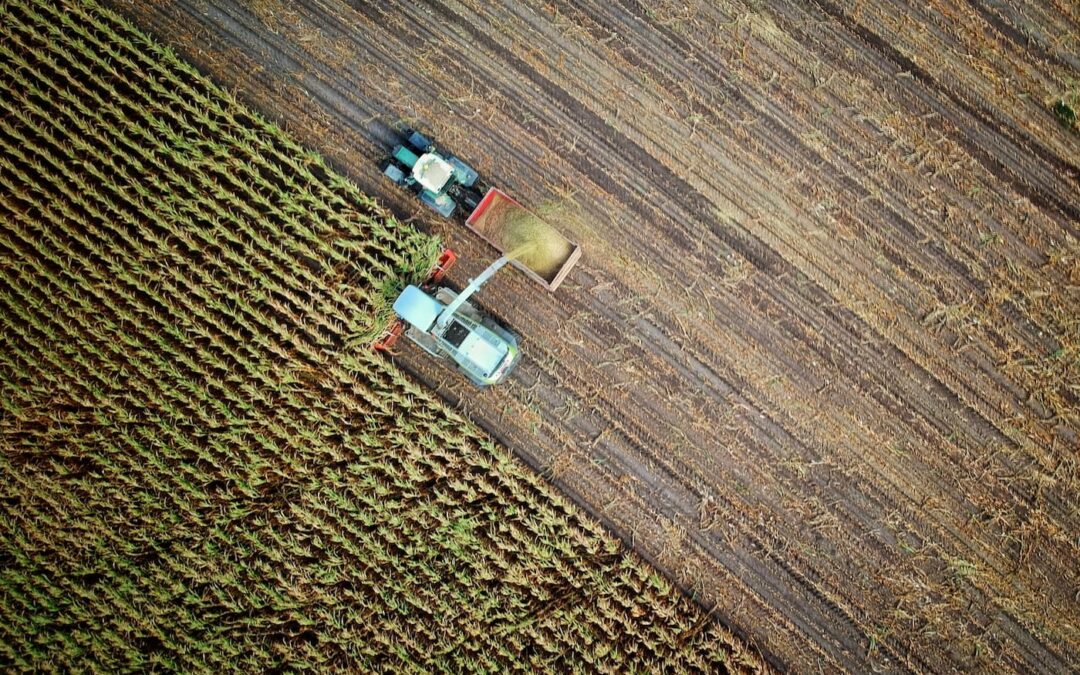Agriculture has played a critical role in human civilization since the dawn of history. Today, it continues to be an essential industry that provides food, clothing, and other basic necessities to the world’s population. In this blog, we’ll explore the significance of agriculture in modern society and discuss its various roles and challenges.
Food Production
One of the primary roles of agriculture is to produce food. With the world’s population continuing to grow, the demand for food is increasing at an unprecedented rate. Agriculture is responsible for producing the vast majority of the world’s food supply, including crops like wheat, corn, and rice, as well as livestock products such as meat, dairy, and eggs.
Economic Growth
Agriculture is also a significant contributor to economic growth. It provides employment opportunities for millions of people worldwide and contributes to developing rural communities. In many developing countries, agriculture is the primary source of income and livelihood for rural households.
Additionally, agriculture has become an important source of foreign exchange earnings for many countries. Agricultural exports provide a significant share of income for many countries, including Brazil, Australia, and Thailand.
Environmental Sustainability
Agriculture has a significant impact on the environment. The expansion of agricultural land has contributed to deforestation, habitat loss, and biodiversity decline. Agricultural practices like the use of chemical fertilizers and pesticides have also led to soil degradation and water pollution.
To address these challenges, many farmers and policymakers have begun to embrace sustainable agriculture practices. Sustainable agriculture involves using farming methods that conserve natural resources, promote biodiversity, and minimize environmental impacts. These practices include crop rotation, conservation tillage, and integrated pest management.
Food Security
Food security is the state of having reliable access to a sufficient quantity of affordable, nutritious food. It is a fundamental human right and a critical component of a healthy society. Unfortunately, millions of people around the world still suffer from food insecurity.
Agriculture plays a vital role in achieving food security. By producing enough food to meet the needs of the world’s population, agriculture helps to ensure that people have access to the basic necessities of life. However, achieving food security is not just a matter of producing more food. It also requires addressing issues of poverty, inequality, and distribution.
Technology and Innovation
The agricultural industry has always been at the forefront of technological innovation. Technological advances have revolutionized farming and increased productivity from the plow to the combine harvester. Today, farmers use technology to improve efficiency, reduce waste, and increase yields.
Precision agriculture is an emerging field that uses sensors, drones, and other technologies to optimize crop management. These tools allow farmers to monitor soil conditions, track weather patterns, and apply inputs more precisely, resulting in higher yields and reduced environmental impact.
Challenges and Future of Agriculture
While agriculture plays a critical role in modern society, it also faces many challenges. Climate change, water scarcity, and soil degradation are just a few of the issues that threaten food security and agricultural sustainability.
However, by embracing sustainable agriculture practices, investing in new technologies, and promoting equitable access to food, agriculture can continue to play a vital role in modern society. The future of agriculture is bright, and the industry will undoubtedly continue to adapt and innovate to meet the challenges of the 21st century.
Agriculture is a vital industry that plays an essential role in modern society. From producing food and providing employment opportunities to contributing to economic growth and promoting environmental sustainability, agriculture has far-reaching impacts on society. By addressing the challenges that threaten the agricultural sector and embracing sustainable agriculture practices, the industry can continue to thrive and provide for the world’s growing population. It is up to farmers, policymakers, and consumers to work together to ensure that agriculture remains a sustainable and essential industry in the years to come. As we look to the future, we must continue to invest in the innovation and development of agricultural practices and technologies to ensure that agriculture can meet the demands of a rapidly changing world.

